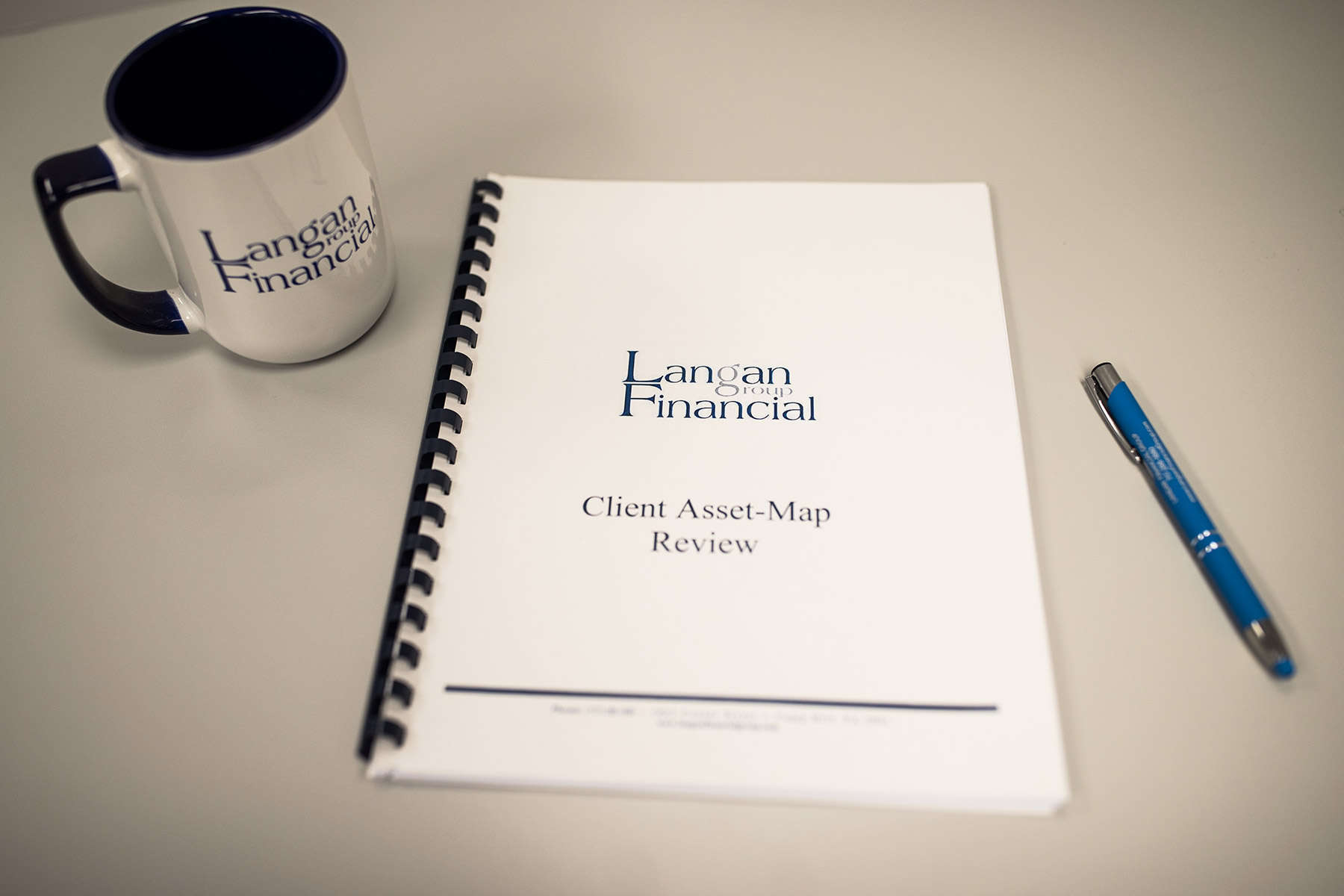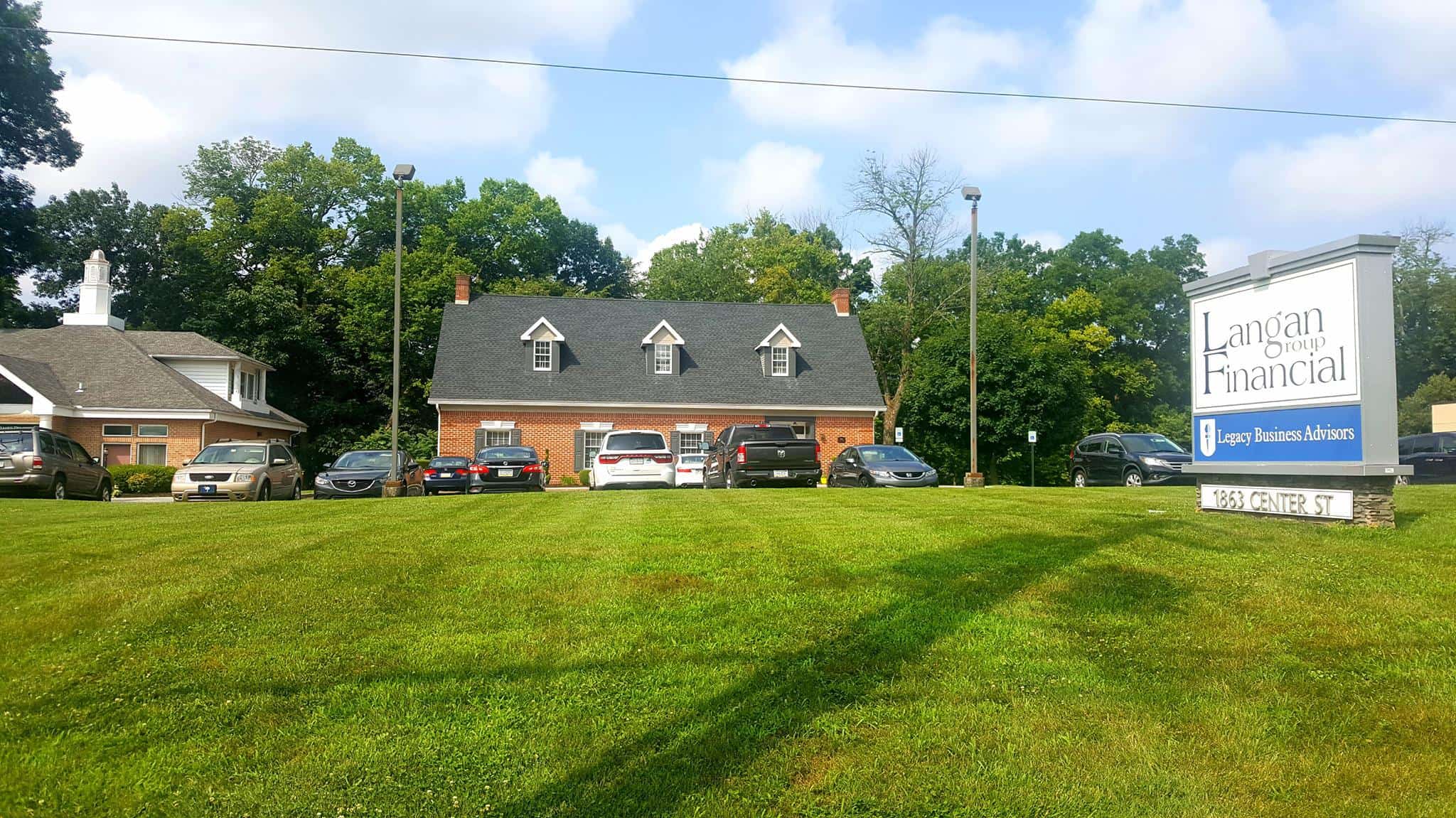Public Sector Pension Retirement Plans
Pension consultants focused on bridging customer service and plan management.

What is a Pension Plan?
A pension plan (or a defined-benefit plan) is a group retirement plan where the employer makes contributions to an employee’s retirement fund.
Pension plans are still common in the public sector, however, in the private sector, it has diminished in popularity over the years due to high costs and employer liability in event of insufficient funds.
The pension plan payments are decided by the employer, typically as a percentage of the salary using a formula.
After retirement, the participant will receive payments from the plan as monthly income or in a lump sum.
How Does a Pension Plan Work?
A pension plan is a retirement plan that is funded by the employer. In some scenarios, the employees have the option to make their own additional contributions, this would be outlined in the summary plan description.
Pension plans are generally not transferable, given that the employee is fully vested, they will stay in the plan until retirement.
If the pension is through a government entity, the employee may be able to transfer it to another government pension.
Payouts begin when the employee retires, which is determined by a formula that accounts for:
- Compensation at time of retirement
- Years of service with the company
- Age
Pension Vesting
Some organizations will use a vesting schedule to determine the pension amount.
This would require the employee to work for the employer for a number of years before they are able to receive a pension payment.
Vesting ranges from automatically enrolled within one year of employment to being spread out over as many as seven years.
Pension Contribution Limits
There are specific rules set by the Department of Labor that define how much a company must contribute to a pension fund each year in order for the employees to withdraw when they retire.
Employees do not manage the investment funds in a pension. It is up to the employer to ensure there will be enough money to cover the employee pensions after they retire.
According to the IRS, in general, the annual participant benefit cannot exceed the lesser of:
- 100% of the participant's average compensation for their highest 3 consecutive calendar years
- $265,000 for 2023
- $245,000 for 2022
- $230,000 for 2021 and 2020

Pension Taxes
Taxes in pension plans are typically deferred until taking the distributions in retirement. This means if the employee makes any contributions, they will be taken from gross (pre-tax) income.
In this situation, the employee will reinvest dividend and interest income and capital gains, generating more income for retirement.
Some pension plans have the option to contribute after-tax money, in that case, taxes would be paid when contributing to the plan and the distributions would be tax-free.
Defined Benefit Plan Distributions
The defined benefit distributions can be received as either:
- Monthly annuity
- Lump sum
- Sometimes as a combination
There is most likely a deadline for deciding what type of distribution the employee would like and that decision is final.
For an annuity, the retiree can decide between a single-life annuity for the rest of their life or a joint and survivor annuity for the retiree and their spouse.
The single-life annuity continues until the employee passes away. An annuity will pay a fixed rate that may or may not include inflation protection.
If the lump sum is chosen, there will not be a guaranteed lifetime income. This, however, avoids the possibility of the plan running out of money.
It then falls into the recipients’ hands to make the money last. The money can be invested as the retiree sees fit with the help of an investment advisor, or it can be used to purchase an immediate annuity.
An immediate annuity would provide them with a monthly income stream and may have inflation protection.
What Are The Pension Benefits?
Pension plans can provide a large source of retirement income. They will pay a percentage of the employees’ preretirement salary, providing them with either a lump-sum payment or monthly income.
The paid benefits are not contingent on the performance of investments, so it is possible to calculate how much one will receive in retirement. This helps to determine what additional income will be needed in retirement and how to achieve that.
Most plans are insured (up to an annual maximum) by the federal government through the Pension Benefit Guaranty Corporation (PBGC). If the plan is not able to pay all of the benefits, the PBGC will ensure a portion of the benefits is received.
What Are The Pension Risks?
The participating employee does not have control over how the funds are invested.
The investment decisions are decided by the investment manager, who could make poor decisions, resulting in diminished benefits in retirement.
There is a lack of portability with pension plans. If the employee leaves the company where they have a pension, it is not transferred to a new pension but will remain in the current one and contributions will stop.
The money will still be accessible in retirement as long as they were vested.
Since payments are guaranteed in retirement despite market conditions, a pension plan can be more expensive to maintain than another plan such as a 401(k).
Pension Consultant Services:
Langan Financial Group has been working with retirement plans, including pension plans, for over 35 years.
We help provide retirement plan advisory services to numerous municipalities and government employees.
Langan Financial Group will work with organizations to help ensure their retirement plan is providing the best value to the organization and employees it can.
We will:
- Review the plan's design to ensure it aligns with your goals and needs
- Review the plan to ensure it is doing what it is supposed to be doing
- Benchmark the plan to help keep costs competitive
- Benchmark the plan to help keep the organization's liability low
5. Engage the employees through financial seminars, one on one financial planning, and other methods to help them with retirement planning
Chat with a Pension Advisor
Give us a call at 717-288-1880 to see how our local advisors can help with your retirement plans.
Or visit our retirement plan advisor contact page to fill out an inquiry.
FREE Benchmark Comparison Services
Financial Advisor Locations:
Disclosure: Check the background of your financial professional on FINRA's BrokerCheck. The content is developed from sources believed to be providing accurate information. The information in this material is not intended as tax or legal advice. Please consult legal or tax professionals for specific information regarding your individual situation. The opinions expressed and material provided are for general information, and should not be considered a solicitation for the purchase or sale of any security. Cambridge and Langan Financial Group, LLC. are not affiliated. Cambridge Investment Research Advisors, Inc. a Registered Investment Advisor. Securities offered through Registered Representatives of Cambridge Investment Research, Inc., a broker-dealer, member FINRA/SIPC, to residents of: AL, AZ, CO, DE, FL, GA, IA, KY, MD, NJ, NM, NY, NC, OH, PA, TX, VA, WI Cambridge and Langan Financial Group does not offer legal advice. Estate planning services are in regards to your overall financial plan. Always be sure to speak to a legal professional in regards to specific legal matters. Fixed insurance services offered through Langan Financial Group.
Testimonial/Endorsement Disclosure: The testimonials may not be representative of the experience of other customers. The testimonials are no guarantee of future performance or success. All of the testimonials/endorsements are clients with the exception of Steven Martinez of York SPCA. There was no cash nor non-cash compensation for any of the testimonials provided.
© Langan Financial Group
Harrisburg, PA Office
Address: 1863 Center St, Camp Hill, Pa 17011
Phone: 717-288-1880
York, PA Office
Address: 3405 Board Rd, Suite 200, York, Pa 17406
Phone: 717-773-4085




